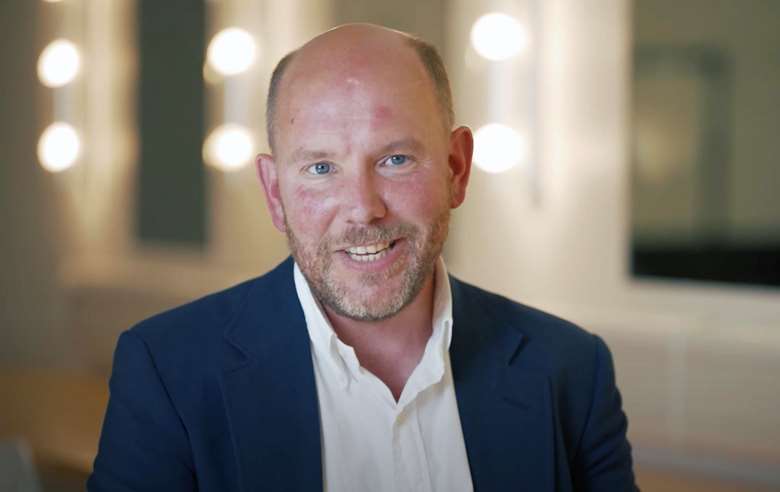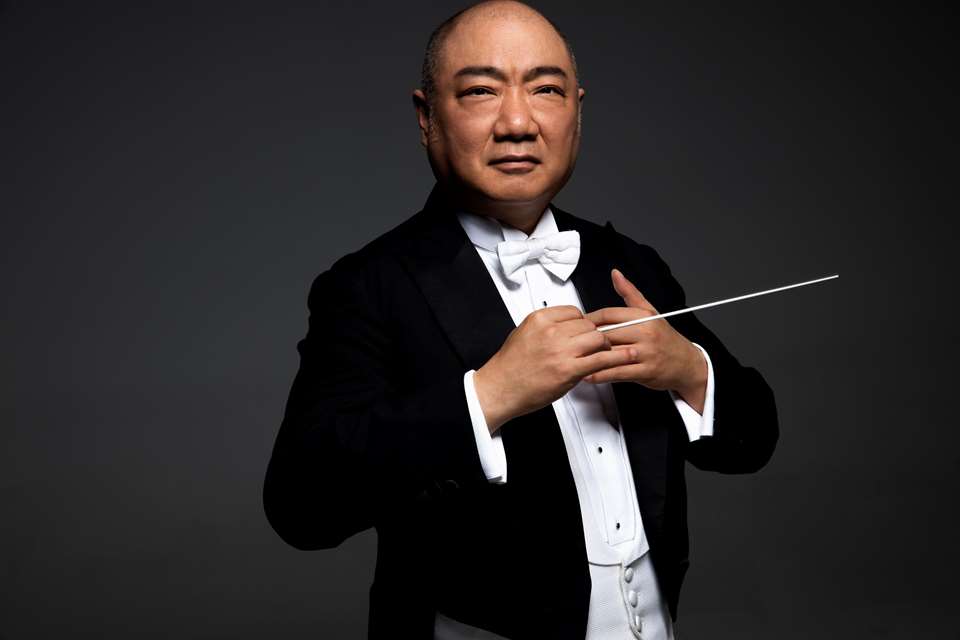Opera 360: Royal Welsh College of Music & Drama’s new programme on the opera industry
Florence Lockheart
Monday, November 15, 2021
Florence Lockheart interviews James Lea, the course leader for RWCMD's new Opera 360 programme, to find out more about this unique course.


Register now to continue reading
Don’t miss out on our dedicated coverage of the classical music world. Register today to enjoy the following benefits:
- Unlimited access to news pages
- Free weekly email newsletter
- Free access to two subscriber-only articles per month
